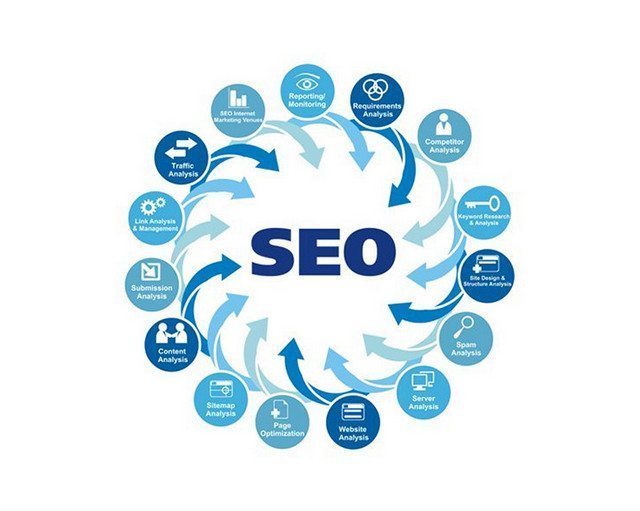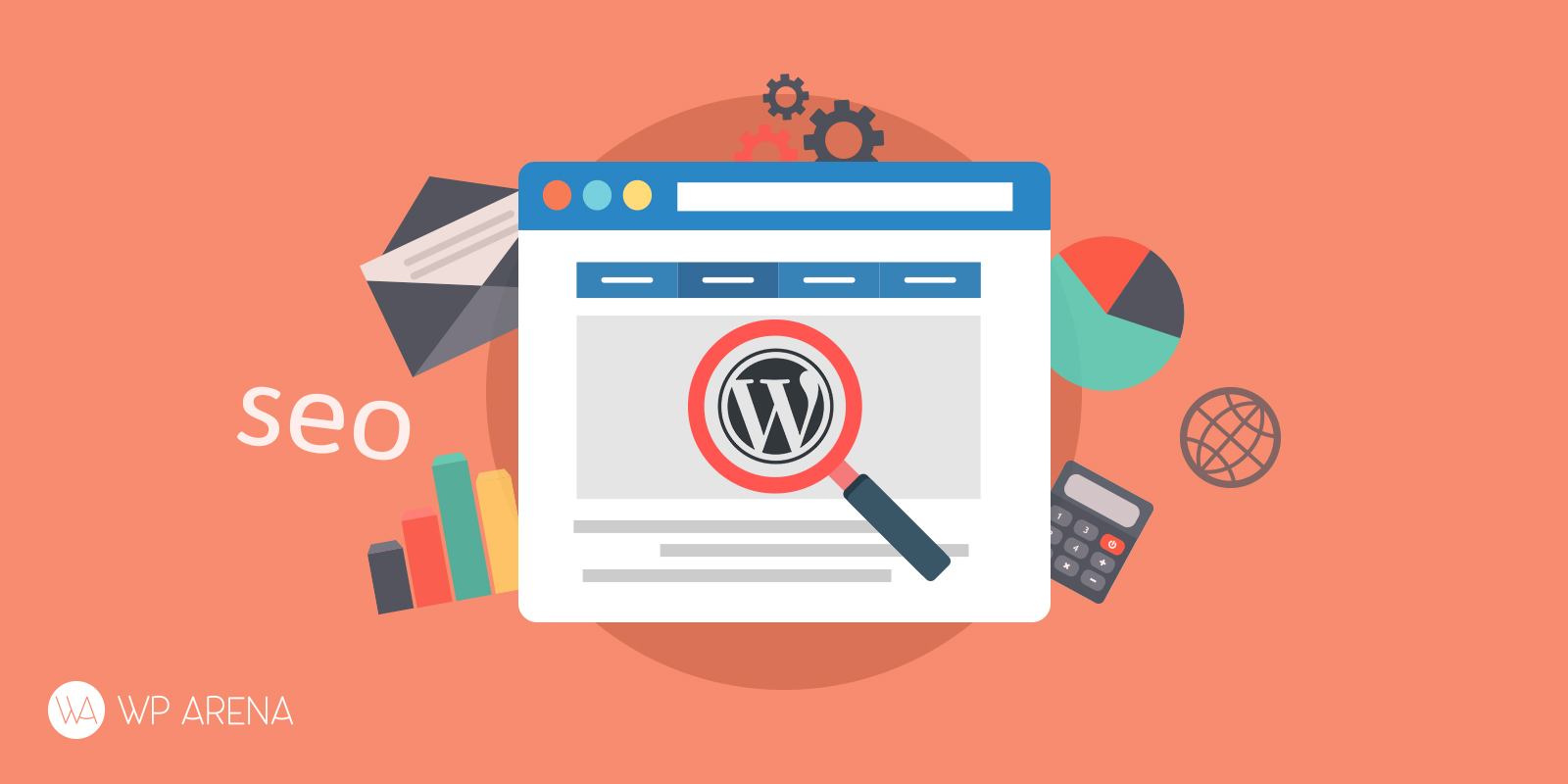I’m happy to meet you in the first article of the WordPress SEO tutorial series. Everything in this world has its reasons for existing. If you want to succeed in something, you should at least understand what you are doing and why you are doing it. Similarly, you need to know the basics when it comes to SEO. What is SEO? What are its features and other important information? Only then can you start working on Search Engine Optimization. This series of WP SEO tutorials will help you understand and solve each aspect step by step.
Today in the first article of the series, we will cover the essential things an SEO specialist should know. Now, let’s start searching for the answers.
Table of Contents
What is SEO?
SEO stands for “Search Engine Optimization”, which is a process of improving the number of visitors and visibility of a website on the results page of a search engine. It involves two main parts: On-page and Off-page optimization. The idea is simple, but it’s not guaranteed that you fully understand its advantages.
The benefit of SEO
Information technology (IT) is rapidly advancing and being used in almost all areas, especially in business. When people want to find products or services, they usually go to Google. Usually, they only look at the first page of the search results and don’t bother going to the second page. Hardly anyone has the patience to read the fourth or fifth page. Customers will buy from your competitors if your product is not listed on the first page. This is where SEO comes in. Being ranked number one in the search results is achievable, depending on your skills.
- SEO helps increase your website ranking.
- SEO helps increase traffic to your website.
- SEO helps increase your potential customers.
- SEO will help your brand become more outstanding.
Things to know about WordPress SEO
You already know about SEO (Search Engine Optimization) and its advantages. But do you understand the importance of implementing SEO for WordPress? WordPress is an excellent option for creating a new website due to its flexibility, user-friendly interface, and ability to be customized according to your needs. However, you should know a few essential facts about WordPress SEO and SEO Services to excel in this field.
WordPress isn’t an automatic SEO solution.
As I mentioned above, WP will not automatically ensure good Search Engine Optimization because:
- The time it takes for a website to load is the first thing users consider when judging your site. It is also crucial to encourage them to revisit it in the future. WordPress (WP) may cause the website to load slowly because it doesn’t automatically offer a cache. Users need to install their cache tools, like the WP Super Cache plugin and W3 Total Cache plugin, to speed up the website loading process.
- Next, the initial configuration for permalinks was not optimized. The default permalink structure, which looks like this: http://example.com/?p=N, is not user-friendly. It can be challenging for both visitors and search engines to understand the content of your website when using this default URL.
- By default, when you click on a link on a website, the link will open in the same window. This means you will be taken to a new website and no longer be on the original one. In simpler terms, you have lost a reader, user, or potential customer.
- Creating a sitemap is necessary for improving how well search engines find your website. However, WordPress doesn’t make a sitemap in XML format by itself.
Your theme is not automatically SEO friendly.
One of the great things about WordPress is that it offers a wide range of themes to choose from. In order to make your website more search engine-friendly, it is important to create high-quality content that will benefit your users. Here are a few factors to keep in mind when selecting a good theme:
- Speed: as I said above, speed is a key factor for success. You should look for a theme with the fastest loading speed.
- Code: Sign of an amateur theme is voluminous codes that reduce loading speed and the possibility of SEO. A reliable theme with a clean code should be put into consideration.
- HTML5: Now, most of the themes are developed on platform HTML5 – best for SEO.
- Responsive: A good theme is built to respond accordingly to all devices.
SEO experts usually use great themes, plugins, and more. Besides, our WPArena has collected the best WordPress themes that meet the above requirements into particular lists. You can take a look around if you are interested. And here are some links:
- 6+ Best Logistics Transport WordPress Themes
- Best 10+ WordPress Hotel Themes
- Best WordPress Restaurant Themes
And so much more.
Conclusion
Using WP does not guarantee a top-ranking website. This post in our WordPress SEO tutorial series will help you understand SEO, WordPress, and the benefits of optimizing search engine optimization for WP. Next week, I’ll share an article called “Best Ways to Optimize SEO on WordPress” for you to read. See you then!








